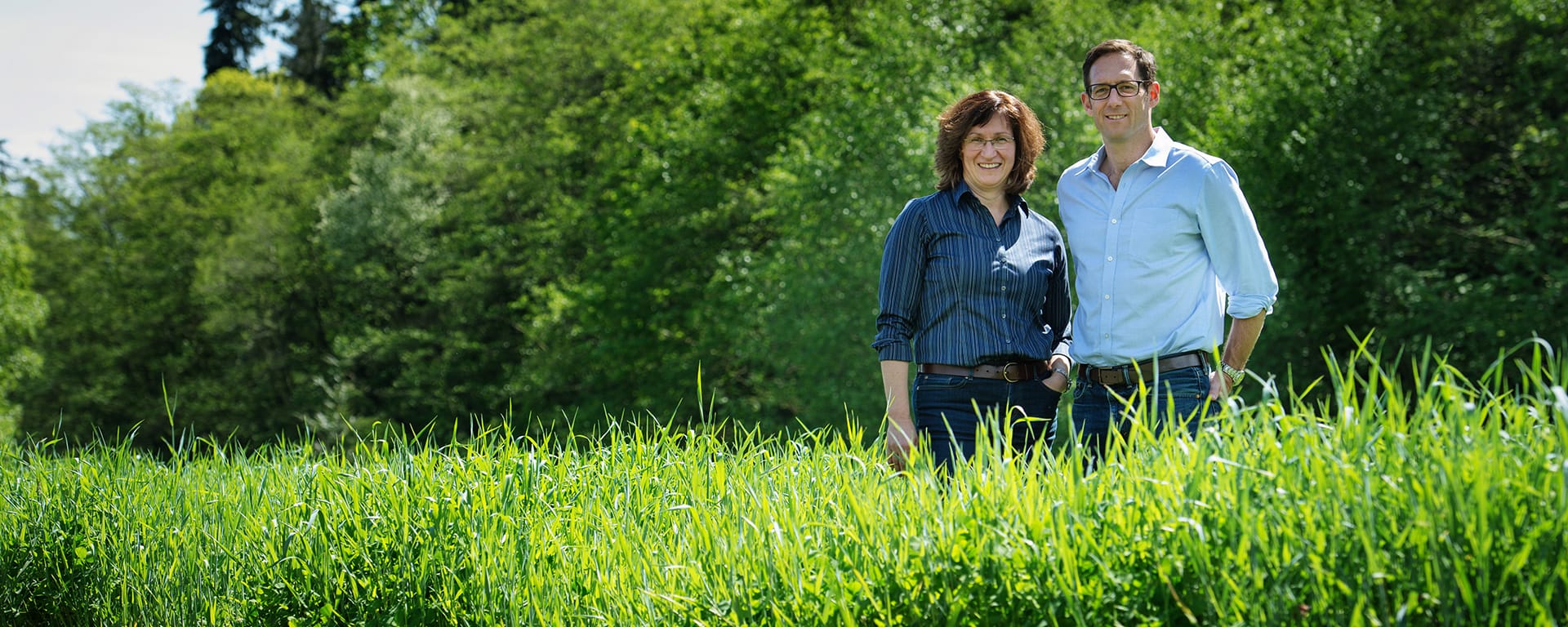
SOIL, WATER AND SUSTAINABILITY GROUP
The Soil, Water and Sustainability Research Group is a collective of collaborating academics, students and professionals whose research addresses the basic scientific information required for food production, forest products and maintaining the integrity of ecological systems for sustaining the resource base. The focus is on the physical and biological environment and the integrated relationship between land and water systems. An emphasis is placed on improving professional and technical communications to stakeholders in these areas.
Research
Research Topics:
Soil Physics & Biometeorology
-
Greenhourse (GHG) emissions from high-value agricultural production systems in British Columbia
-
Carbon and energy balance of pre- to post-harvest forests
-
Energy, water and carbon balance of agricultural and forest ecosystems
Soil Biology
-
Soil microbial diversity and function in forest ecosystems
-
Plant-mycorrhiza-soil interactions and forest resilience to climate change
Innovations in Soil Teaching
-
Application of information technology in soil science education
Soil Quality & Sustainability
-
Bioavailability assessment of trace metal contaminants in urban soils
-
Land use impacts on soil quality of rangelands and forests
-
Organic matter and nitrogen dynamics in reclaimed soils
Soil-Water Systems
-
Effects of weathering on the surface properties of minerals
-
Phosphorus transformations in soils
Research Groups:
Academic Programs
Undergraduate:
-
BSc in Applied Biology (Applied Plant and Soil Sciences Major): This major integrates diverse topics in soil-water-plant-atmosphere systems with a focus on the science underpinning crop production and ecosystem management.
Graduate:
-
MSc and PhD in Soil Science (Research-based): A collaboration between the Faculty of Land and Food Systems and Faculty of Forestry, the inter-faculty Soil Science Graduate Program offers opportunities for advanced study and research leading to MSc and PhD degrees. Students are registered in the Faculty of Graduate Studies through either the Faculty of Land and Food Systems or Faculty of Forestry, depending upon their research interests. Areas of study include biometeorology, forest nutrition and nutrient cycling, mycorrhizal ecology, soil biology, soil quality and fertility, soil-plant interactions, ecosystem services, land and water systems.
-
Professional Masters in Land and Water Systems (MLWS): The goal of the innovative Master of Land and Water Systems program is to offer a professional degree which will serve both practicing resource managers and recent graduates from cognate undergraduate academic programs, the necessary credentials to address the emerging concerns of land and water resources conservation and management.
Facilities
The Soil and Water Sustainability Group has access to diversity of facilities and equipment across the University of British Columbia campus that enables a wide range of soil and water analysis. The group maintains a number of laboratories in the MacMillan building specifically equipped to analyze the physical and chemical properties of soil and water and greenhouse gas fluxes. There are a number of micrometeorological and greenhouse gas flux resources available in the geography department. In the Forest Sciences Centre there are a number of laboratories specializing in the analysis of soil biological components involving molecular, stable isotopes, and microscopy techniques.
Belowground Ecosystems Group
The Belowground Ecosystem Group has several laboratories in the Forest Sciences Centre that are used for distinct types of work including: an isotope ratio mass spectrometer for carbon and nitrogen elemental and isotopic analyses; DGGE, thermal cycler, electrophoresis equipment for the extraction and analysis of DNA and RNA from soils.
Biometeorology and Soil Physics Group
The Biometeorology and Soil Physics Group’s ongoing experience with running multiple remote sites and significant technical expertise has resulted in a variety of in-house solutions to the problem of continuous environmental measurement including: heated closed path IRGA enclosures, automated chamber systems, and CO2 concentration profile measurements
Ecohydro Lab
The Ecohydro lab maintains a general purpose ion chromatograph (IC) is equipped with an autosampler allowing automated analysis of up to 148 samples for routine and specialized analysis of river water, soil water, rainwater and snow water. Analysis of other matrices is also possible.
The Sustainable Agriculture Landscapes Laboratory
Instruments in the SAL Laboratory include a Bruker TENSOR 37 FT-IR spectrometer for high throughput analysis of physical and chemical analysis of soils and a Picarro CRDS for the simultaneous analysis of CO2, N2O and CH4. The lab also maintains workstations for GIS and remote sensing analysis.
People
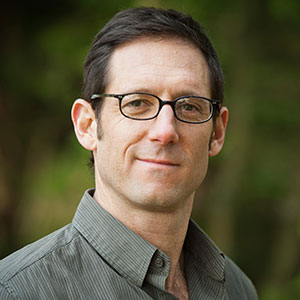
Dr. Sean Smukler
Associate Professor, Applied Biology & Soil Science and Director of the Centre for Sustainable Food Systems at UBC Farm
Agricultural landscape ecology, biodiversity, ecosystem services, sustainable development
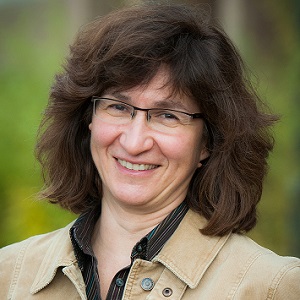
Dr. Maja Krzic
Associate Professor, Applied Biology/Forest and Conservation Sciences
Program Director, Applied Biology
Soil quality, application of information technology in soil science education, soil compaction
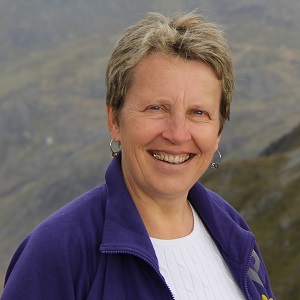
Dr. Sue Grayston
Professor
Microbial diversity and function in soils, plant-microbe interactions, rhizodeposition

Dr. Christopher Chanway
Professor, Applied Biology (appointed jointly with UBC Forestry)
Soil, microorganisms, bacteria, fungi, ecology, nitrogen fixation, plant growth promotion
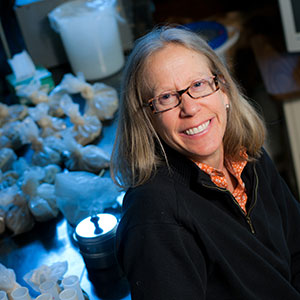
Dr. Sandra Brown
Associate Professor of Teaching
Associate Dean, Academic
Characterization of soil–water properties of Andean soils; Role of soils in the terrestrial hydrological cycle; Assessing water allocation in Latin America.
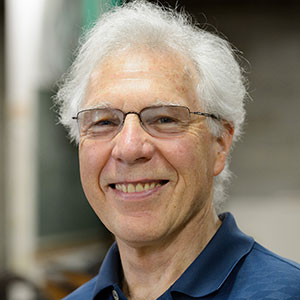
Dr. Andrew Black
Professor, Applied Biology
Biometeorology, climatic variability, carbon, water and energy balances of forests and agricultural crops
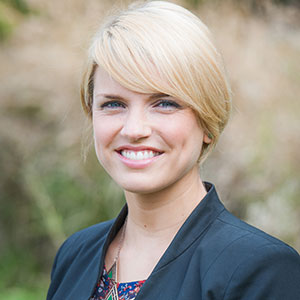
Julie Wilson, M.Sc.
Academic Coordinator, MLWS Program Lecturer
Communications for natural resource professionals, urban watershed management, watershed cumulative effects assessment.